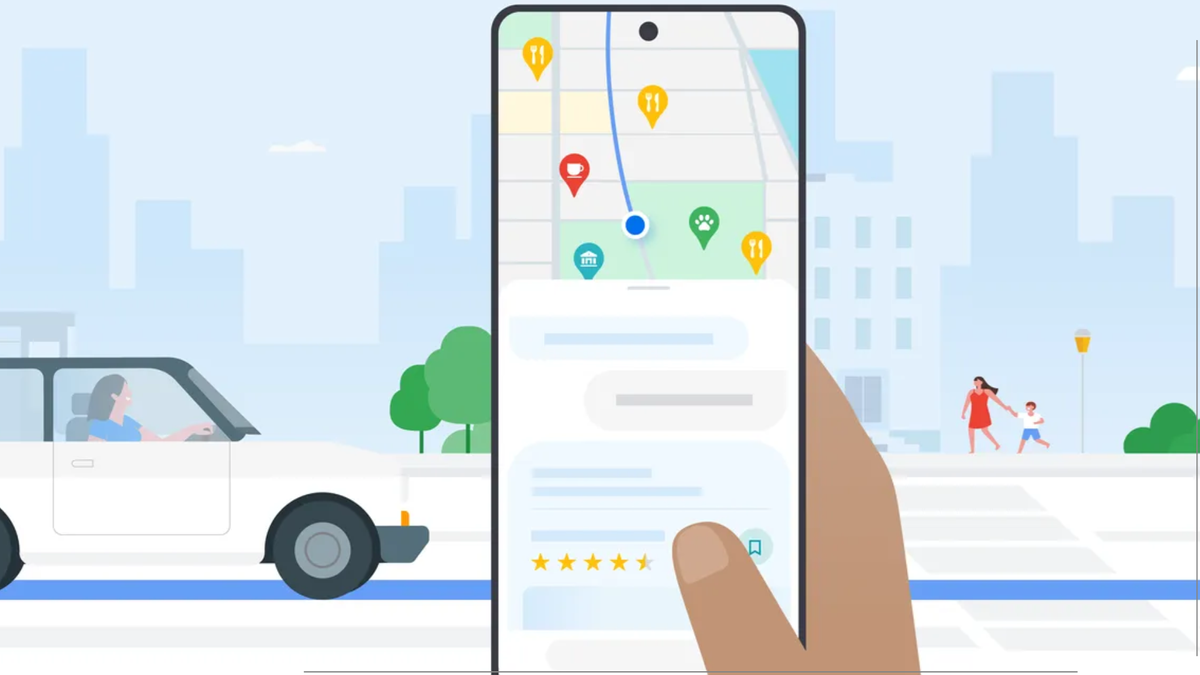Thousands of bottles of delayed-release duloxetine, an antidepressant, are being recalled because they potentially contain levels of a carcinogenic chemical called nitrosamine that -- over long periods of time or through a lot of exposure -- may increase the risk of cancer. The voluntary recall was initiated earlier this month by the US Food and Drug Administration.
Duloxetine, according to the Cleveland Clinic, treats depression, anxiety, fibromyalgia and chronic pain. It works by increasing serotonin and norepinephrine in the brain, which help regulate mood and pain. It belongs to a class of drugs called SNRIs.
The bottles being pulled have a 500-count of delayed-release capsules, have an expiration date of December 2024, a lot number of 220128 and were manufactured by Towa Pharmaceutical Europe. The firm behind the voluntary recall is Breckenridge Pharmaceutical, Inc. You can find details in the recall post from the FDA.
Towa Pharmaceutical Europe told CNET that patient safety is a top priority and that the company is "working with FDA and other regulators to implement the recall." Towa also pointed to information from the FDA that says that patients who have recalled medicine shouldn't stop taking it, and should contact their doctor.
In an automated voice message, Breckenridge Pharmaceutical said that people with questions about the duloxetine recall can call Qualanex, which is handling the recall on behalf of Breckenridge, at 1-877-857-1145 or 1-877-878-0504.
People might be familiar with duloxetine as it's sold under the brand name Cymbalta, but this specific brand is not included in the current recall. A spokesperson for Eli Lilly, which makes Cymbalta, told CNET that the brand is "not affected and it is not the product being recalled."
If you're prescribed any type of duloxetine, it's worth checking the recall details to see if your medication matches the recalled lot number and manufacturer details.
Trace amounts of nitrosamines are found everywhere, in food, water and in medication, but they're considered unsafe above a certain threshold and if consumed over long periods of time (think years and years). The FDA says it's been working with health agencies in other countries to establish "internationally recognized acceptable daily intake limits." This latest recall reflects a trend of increased testing of drugs and medications to make sure they're at a safer threshold, and to reduce or eliminate them in man-made sources like medications.
In general with medication recalls, and even if you have the currently recalled antidepressant medication, you should contact your doctor before you stop taking your medication.
Read more: The Wave of Recalls, Explained


/cdn.vox-cdn.com/uploads/chorus_asset/file/25626308/247263_iphone_16_pro_AKrales_0992.jpg)


:quality(85):upscale()/2023/09/21/802/n/1922729/d9a11ce9650c8850437280.00070284_.jpg)

:quality(85):upscale()/2024/10/31/831/n/49351773/b7bf33836723d2f0643c55.51137847_.jpg)
:quality(85):upscale()/2024/10/30/955/n/42301552/28e49c1e6722ab5b973b38.46745005_.jpg)
 English (US) ·
English (US) ·